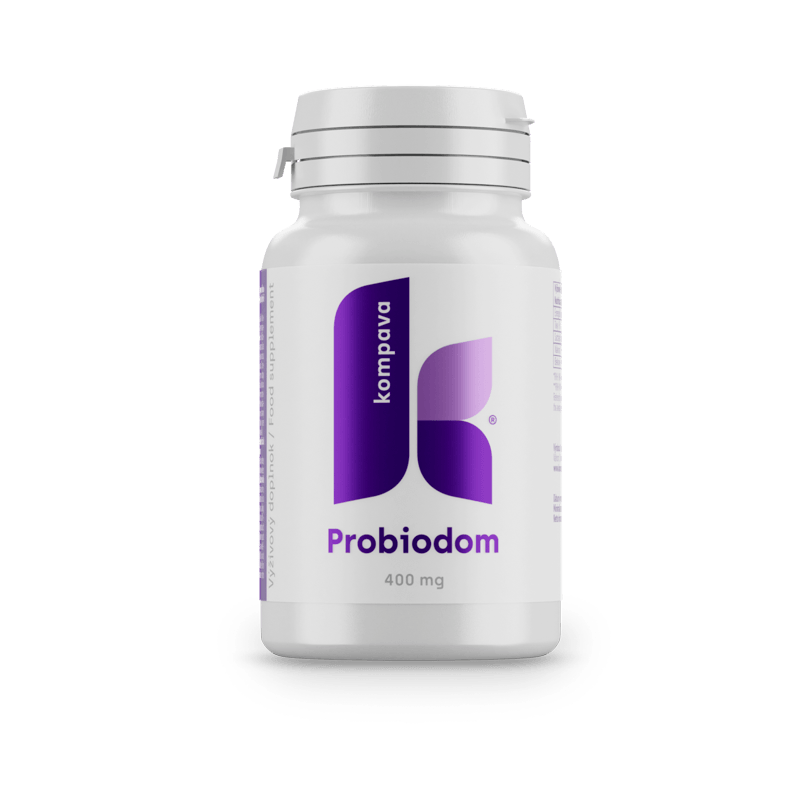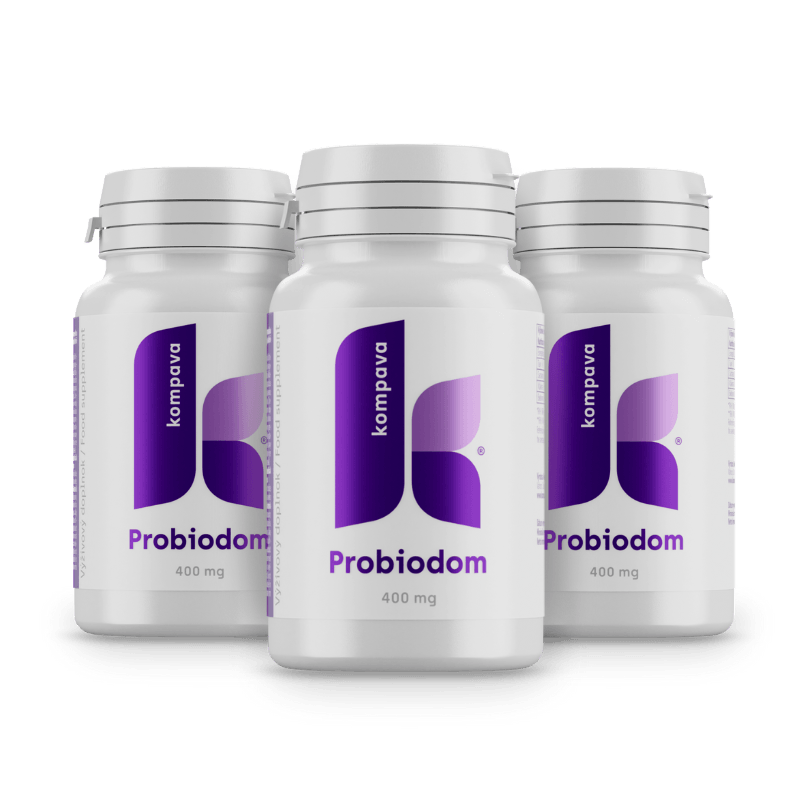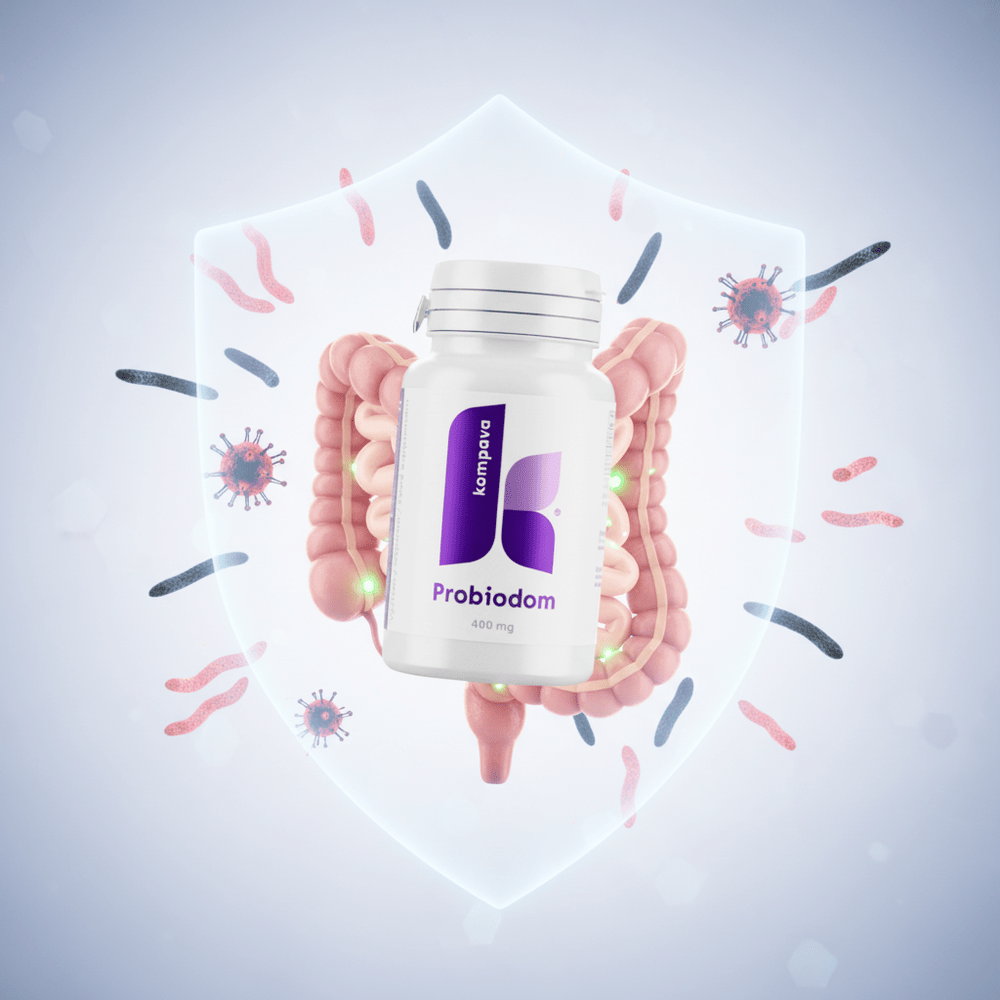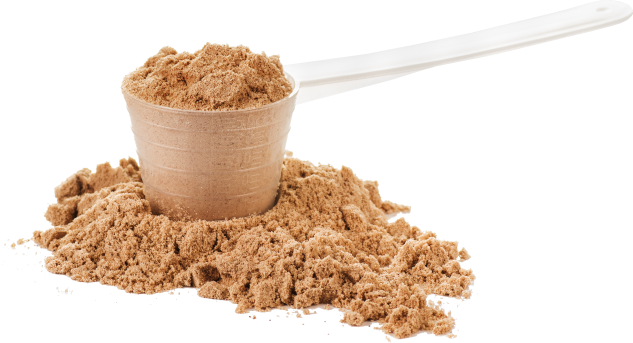
Probiodom contains up to 8 types of probiotic cultures, which maintain the right balance of good intestinal bacteria, and thus contribute to proper digestion. They inhabit all parts of the digestive system, from the stomach to the large intestine. 6 billion probiotic bacteria in the recommended daily dose. Useful intestinal bacteria are capable of producing vitamins (K, group B) as well as organic acids (lactic and acetic acid), which act to optimize intestinal pH.
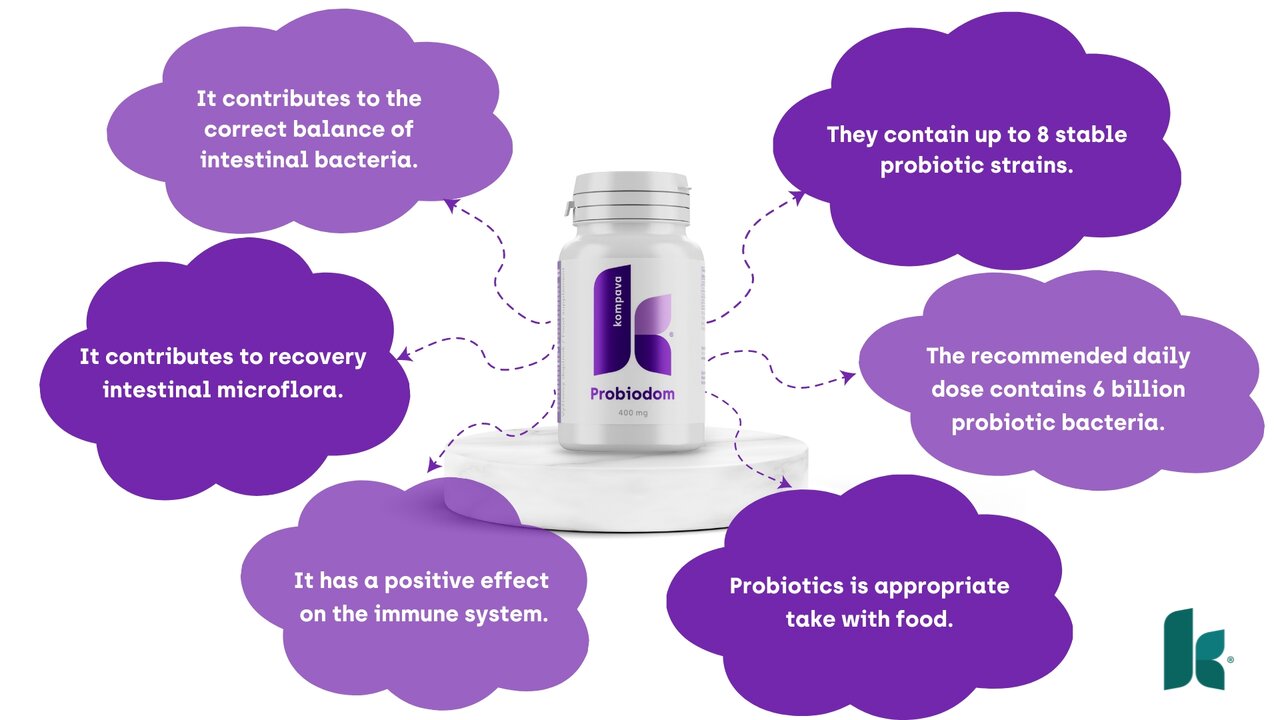
Most bacteria live in the digestive system, where they affect overall digestion, mucosal functions and intestinal immune mechanisms. The composition of food also affects the intestinal microflora. Excessive amounts of animal protein cause the overgrowth of "putrefactive" bacteria and, conversely, enough complex carbohydrates support the growth of lactic acid bacteria, which are necessary for a healthy intestinal microflora. These bacteria also include probiotic bacteria.
Probiodom is supplemented with a prebiotic component (inulin and fructooligosaccharides - FOS), which supports the viability and growth of friendly intestinal bacteria, especially bifidobacteria and lactobacilli. These break down complex FOS molecules, creating substances that create unfavorable conditions for the growth and multiplication of unwanted bacteria.
Probiodom contains:
- 4 strains of lactobacilli (Lactobacillus acidophilus W22, Lactobacillus plantarum W21, Lactobacillus paracasei W20, Lactobacillus salivarius W24)
This type of bacteria is naturally found in the digestive tract, vagina, breast milk and skin. Their role is to prevent the growth of pathogenic bacteria that cause intestinal inflammation and diarrhea. They acidify the intestinal environment by producing lactic acid and thus preventing, for example, the growth of salmonella. It reduces the incidence of vaginal mycosis and positively affects the activity of the urethra where it also fights against Escherichia coli (it suppresses its growth and thus accelerates, for example, the treatment of inflammation of the urinary system). - 2 strains of bifidobacteria (Bifidobacterium lactis W51 and W52)
This is a type of bacteria whose main function is the digestion of fiber and other complex carbohydrates. By digesting fiber, they produce healthy fatty acids that are important for gut health and also help control feelings of hunger. - Lactococcus lactis W19
It is a bacterium that, when involved with milk using bacterial enzymes, creates energy molecules (ATP) from lactose. A by-product of ATP is lactic acid, which reduces the multiplication and growth of harmful microbes and pathogens in the gut. - Enterococcus faecium W54
It restores the balance of the colon flora and is also responsible for proper digestion. Selenium increases its activity. It has the ability to adhere to the intestinal wall and build up among other beneficial intestinal bacteria, thus preventing the escape of pathogens through the intestinal mucosa into the blood.
